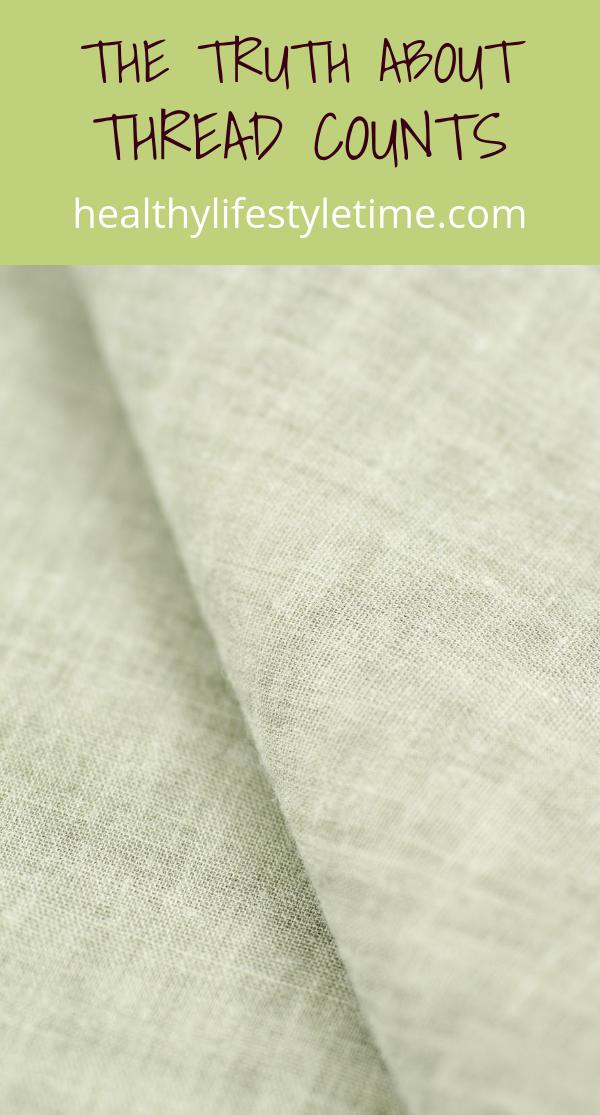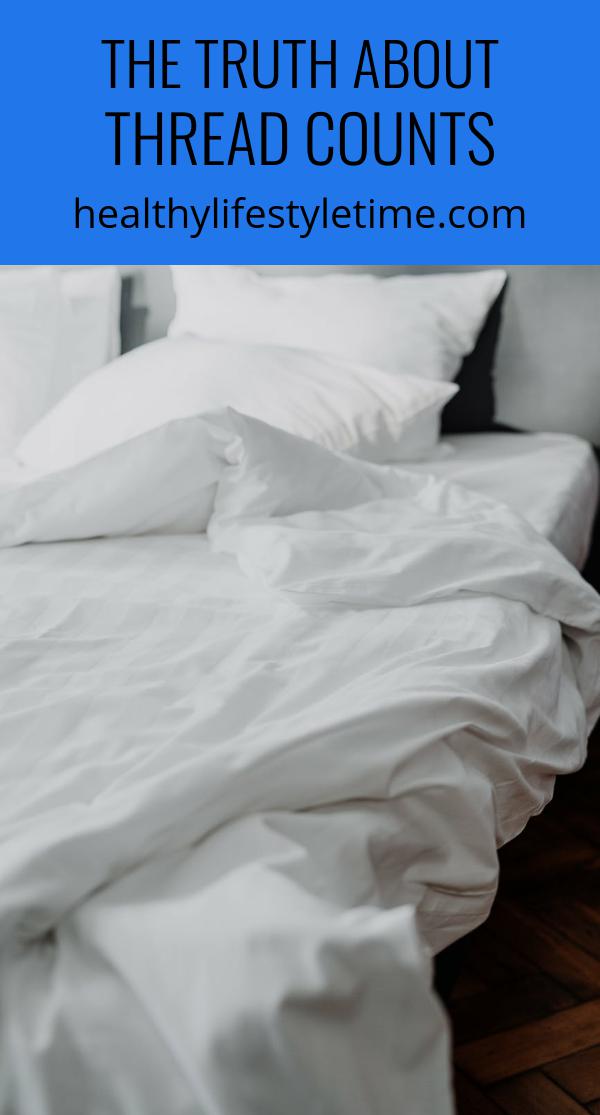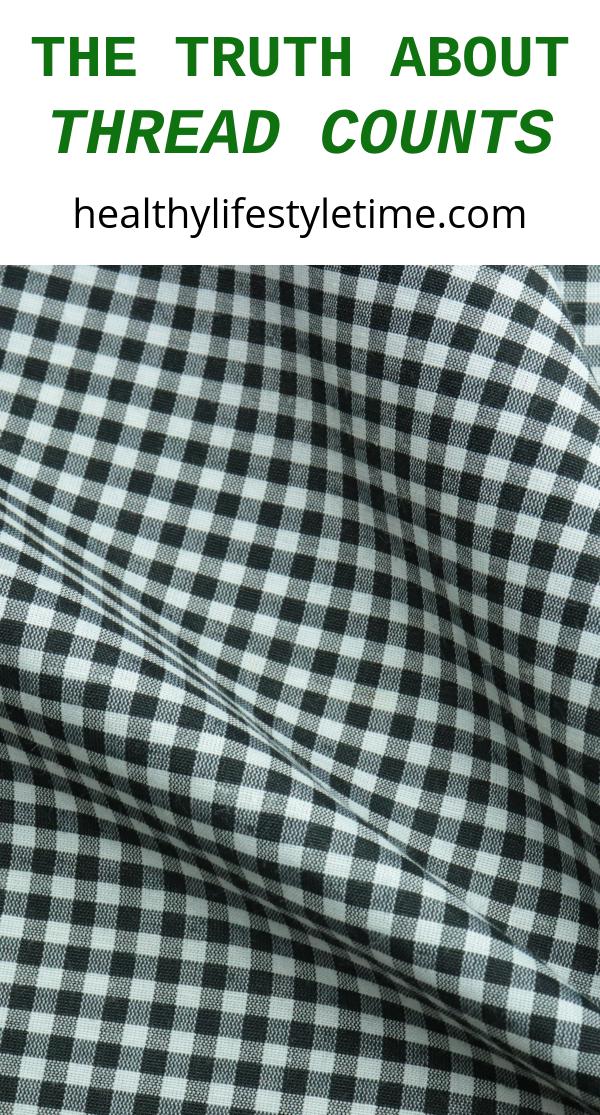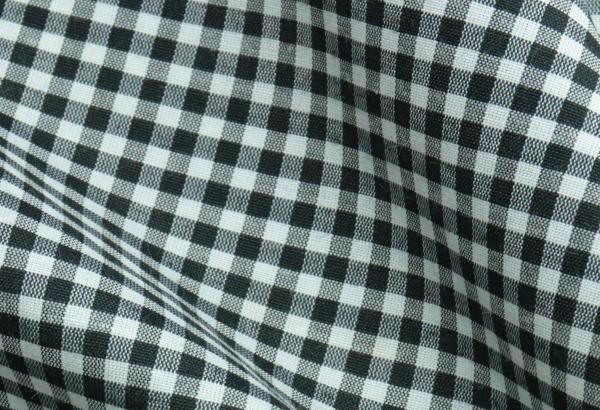Secrets about thread counts they don’t want you to know!

A generation ago, no homemaker worried about thread counts!
Thread counts have become one of the deciding factors for many people when they’re buying bed linens today though. The truth about thread counts may seem a bit difficult to understand. It doesn’t have to! More than just the thread count affects how bedding feels and how comfortable you will be when sleeping with it on your bed. Let’s check into this a little bit. Then you can make informed decisions about your bedding when you’re ready to purchase again.
Our grandparents and parents slept on lower thread count cotton sheets and did just fine, right? These sheets were serviceable but could feel a bit thin and unsubstantial by our standards these days.
Today, bed linens can be found from a lowly 120 thread count up to as high as 1200. Who knows, maybe even higher soon!
Is all this talk about thread counts much ado about nothing? Well, the answer is yes and no. Thread count alone will not tell you how bedding will feel to the touch or how well it will hold up over long years of use.
The feel of bedding, what the sheets feel like on your skin, is known as “hand” or “handle”. The hand of the bedding does have something to do with thread count, but that’s not the only factor. The way the bedding is woven and the content of the fabric has a lot to do with the hand of the bedding. The character or individuality of a material includes how the fabric drapes, the elasticity, softness, and fineness of how that particular sheet feels.
The ply is a factor that defines the number of single yards that are twisted to become the ply yard from which the bedding is woven. By twisting these single yards together to form the ply yard, the fabric is more resilient and long-lasting. The ply yarns are twisted together to form cord- and the cord is the actual material used in the weaving process.
Finish is another characteristic of bedding which affects how it will feel to the skin.
Percale is a plain weave of cotton or polyester/cotton blended yarns. This finish usually uses a higher thread count and a finer yarn.
Sateen is another finish for cotton fabric that is woven in such a way that the surface is smooth and lustrous, reminding us of satin.
Flannel is a brushed fiber finish that is quite warm, soft, and cuddly- it can be created from 100% cotton fibers or a polyester/cotton blend.
Now that we know a bit about what makes one sheet different from another sheet, let’s get the facts go back to the facts about thread count.
The actual definition of thread count is the number of threads per square inch of fabric going horizontal and vertical.
Generally speaking, the higher thread count materials will have softer textures- or hands.
However, the bedding has to be viewed from an overall standpoint and take into account the fabric composition and the finish to determine how soft a sheet will actually be.
The most favored thread counts in bed linens today are in the 200 to 600 range. The best combination of softness and durability is found in this range.
However, a 200 thread count cotton sheet woven with a sateen finish can be softer and more luxurious feeling than a 400 or 600 count sheet of standard cotton in a plain weave.
Egyptian cotton, which has a longer fiber than other cottons, when woven into a 200 thread count sateen finish sheet may feel more luxurious and softer than either of the other choices.
Single-ply sheets of top quality cotton may feel more luxurious than double-ply sheets. The only real means of rating how a sheet will feel to you is to touch it.
Look for what features are most important to you when selecting your next set of bed linens.
If you want few or no wrinkles, choose a polyester/cotton blend. Less crisp, less cool than cotton.
If you like the feel of satin or silk, but don’t like sliding off the bed, choose a 100% cotton sateen weave. =)
If you like the extra warm feel of flannel, select brushed cotton or flannel finish- but be aware that this weave often pills quickly after only a few washings. (Look for the highest ounce weight fabric you can find to minimize this).
Percale often softens more and more as it is washed again and again. Simple, elegant, cool.
Egyptian cotton is King, with the longest cotton fibers available to date. Supima cotton is also excellent, with a tiny bit shorter fiber length. Either of them become softer and even more sumptuous with each washing! You can’t go wrong no matter what with either.

It’s important to choose bed linens that you find feel good to you rather than selecting based on some designer theory of thread count.
So, don’t be taken in by a high price tag. Just because a sheet costs a lot doesn’t necessarily mean it will feel any better than a less expensive sheet.





